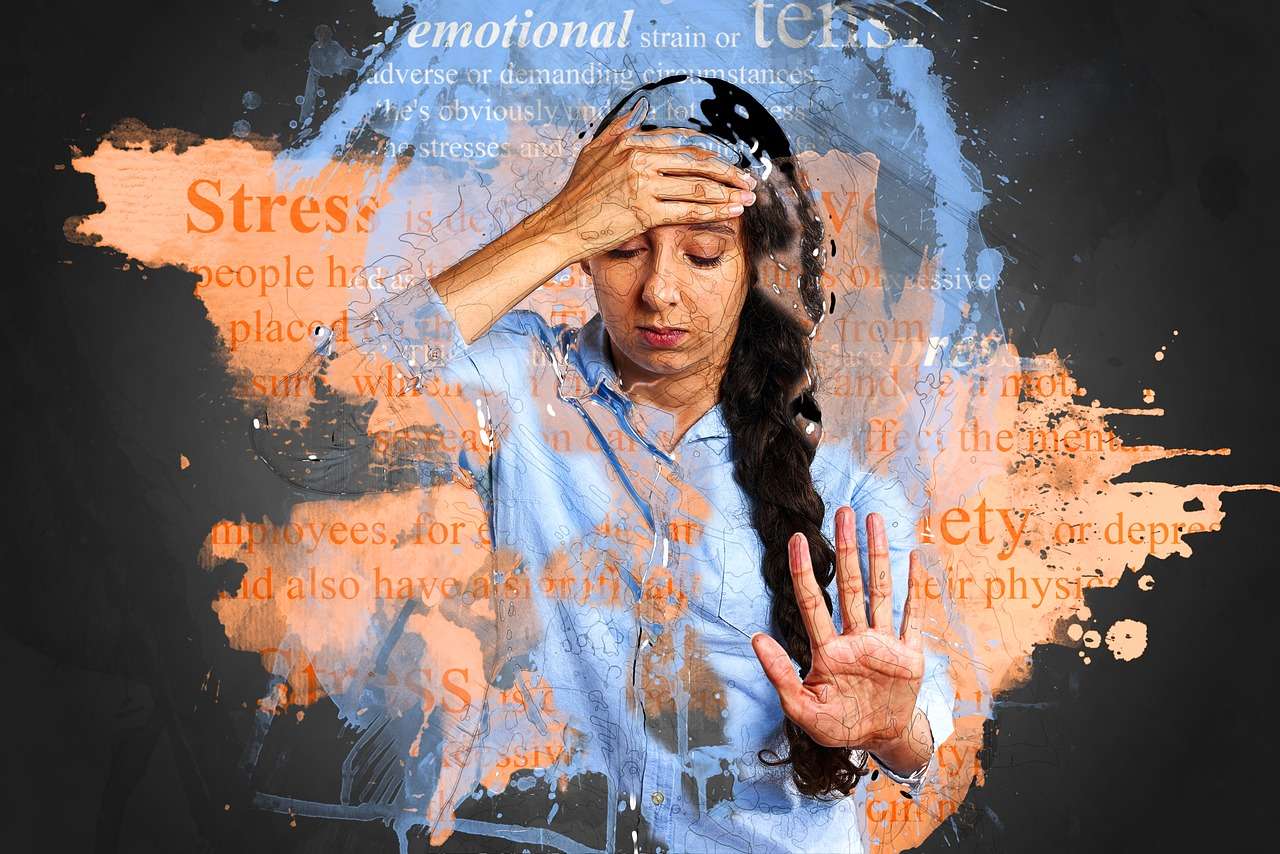Becoming a mental health lawyer can be a rewarding career path for those interested in advocating for the rights of individuals with mental health issues. Mental health law is a complex area that requires a strong understanding of both legal and psychological principles. In this article, we will explore the steps you can take to become a mental health lawyer.
Step 1: Earn a Bachelor’s Degree
The first step towards becoming a mental health lawyer is to earn a bachelor’s degree from an accredited university. While there is no specific major required to enter law school, it is recommended that aspiring lawyers choose a major in a field that will help them develop critical thinking, writing, research, and analytical skills. Popular majors for pre-law students include political science, philosophy, and psychology.
Step 2: Take the LSAT
The Law School Admission Test (LSAT) is a standardized exam that all law school applicants must take. The LSAT measures critical-thinking skills, reading comprehension, analytical reasoning, and persuasive writing. LSAT scores are an important factor in the law school admissions process, and aspiring lawyers should prepare well in advance to achieve a high score.
Step 3: Attend Law School
After completing your undergraduate degree and passing the LSAT, the next step is to attend law school. Mental health law is a specialized area of law that is not typically offered as a separate program of study. However, law schools may offer courses and clinics in mental health law, which will provide students with a foundation in the field. While in law school, students should focus on developing strong legal research, writing, and advocacy skills.
Step 4: Gain Experience in Mental Health Law
After completing law school, aspiring mental health lawyers should seek out opportunities to gain experience in the field. This can include internships or clerkships with mental health organizations, legal aid organizations, or state agencies. Lawyers can also gain experience by volunteering with mental health advocacy organizations and participating in pro bono legal work.
Step 5: Pass the Bar Exam
All lawyers must pass the bar exam in the state where they plan to practice law. The bar exam is a comprehensive test of legal knowledge and skills, and includes multiple-choice and essay questions. Mental health lawyers should be familiar with the laws and regulations related to mental health in their state.
Step 6: Obtain a Mental Health Law Position
After passing the bar exam, aspiring mental health lawyers can begin applying for positions in the field. Mental health lawyers can work in a variety of settings, including law firms, government agencies, non-profit organizations, and in-house legal departments. Mental health lawyers can specialize in a variety of areas, including disability rights, involuntary commitment, and criminal defense.
Conclusion
Becoming a mental health lawyer requires a strong academic background, law school education, and experience in the field. Mental health lawyers play an important role in advocating for the rights of individuals with mental health issues, and can have a positive impact on the lives of their clients. By following the steps outlined in this article, you can begin your journey towards a rewarding career in mental health law.



